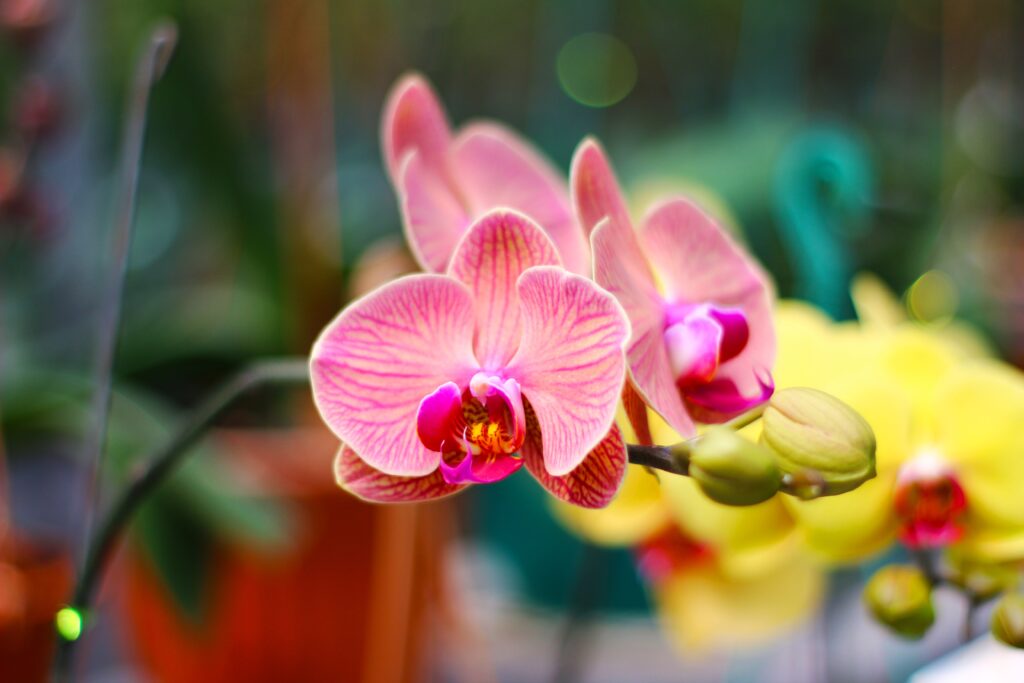Hidden beneath the soil of Western Australia lies one of nature’s most unusual plants — Rhizanthella, an orchid that spends its entire life underground. Unlike most orchids, it never emerges above the surface, has no leaves, and survives by feeding on nutrients provided by a fungus. This fungus, in turn, draws sustenance from the soil and connects to the roots of the broom bush (Melaleuca uncinata), creating a delicate three-way relationship between plant, fungus, and shrub.
Rhizanthella first captured the world’s attention in 1928 when a farmer accidentally uncovered it while ploughing his field. Nearly a century later, the orchid remains incredibly elusive, found only by locating the right habitat and gently scraping away the soil to reveal its small, reddish flowers enclosed in creamy-pink bracts. These hidden blooms emit a strong vanilla-like fragrance and are thought to be pollinated by termites or tiny flies.
There are only five known species of Rhizanthella, all among the rarest orchids on Earth. Their numbers have been decimated by habitat loss and drought linked to climate change, leaving them highly vulnerable to extinction.
To prevent their disappearance, botanist Kingsley Dixon of the University of Western Australia is leading a conservation effort to cultivate the orchid in laboratory conditions. By growing its symbiotic fungus alongside orchid seeds and transferring them to Melaleuca bushes raised in pots, Dixon hopes to give this remarkable underground orchid a fighting chance to survive.



